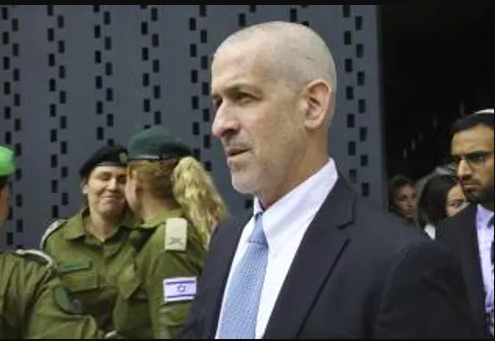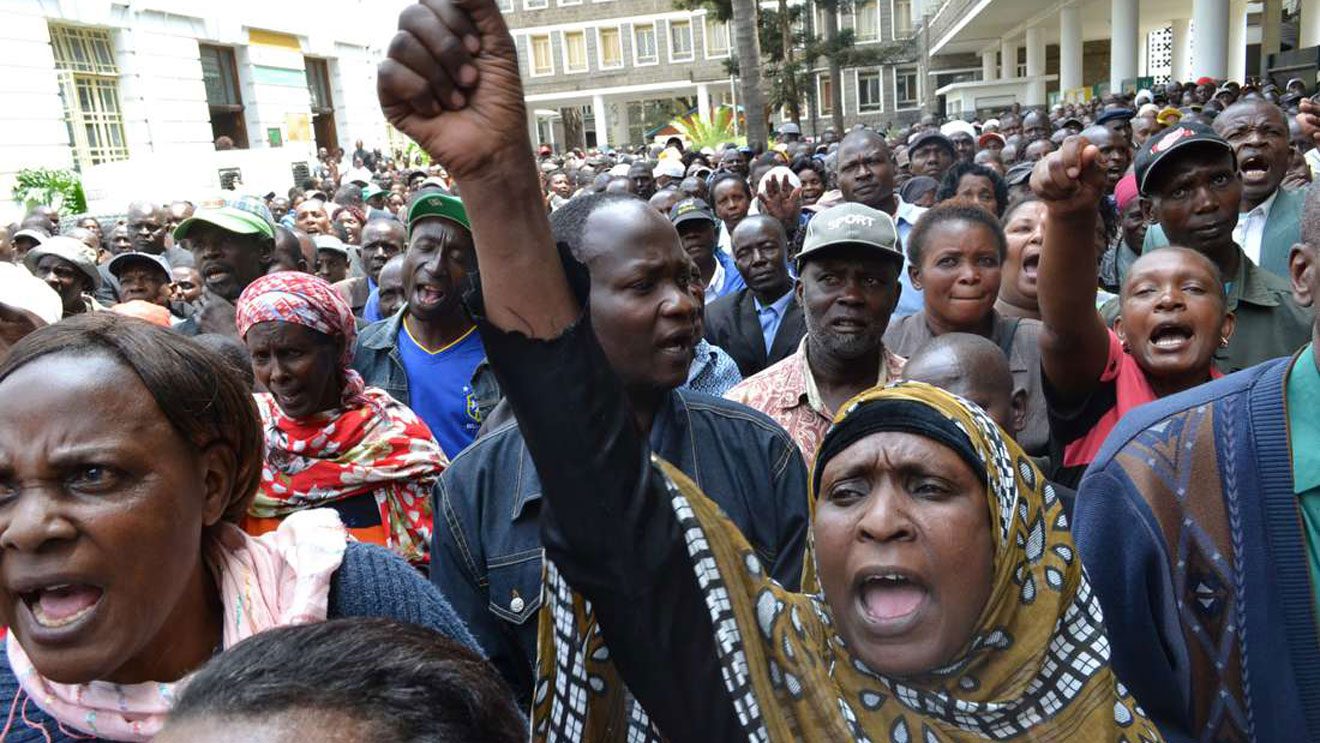
Israel’s political and military circles have been shaken by a dramatic turn of events involving Maj Gen Yifat Tomer-Yerushalmi, the former chief legal officer of the Israel Defense Forces (IDF). What began as a controversial leak of a video showing the alleged brutal treatment of a Palestinian detainee has now evolved into a full-blown political and legal showdown, culminating in her arrest.
Gen Tomer-Yerushalmi resigned from her role as Military Advocate General last week, acknowledging responsibility for the video’s release to the media. Her departure, however, did not mark the end of the saga. Over the weekend, concerns grew after she was declared missing. Police later located her alive near a beach in Herzliya only to take her into custody shortly after.
Authorities have confirmed that two individuals are being detained on suspicion of involvement in the leak and other serious offences. Israeli media widely reported that the detained pair includes Gen Tomer-Yerushalmi and former chief military prosecutor, Col Matan Solomosh.
The video at the centre of the controversy first aired on Israeli television in August 2024. The footage allegedly shows Israeli reservists at the Sde Teiman military base in the Negev isolating a Palestinian detainee, surrounding him with riot shields, and then assaulting him. Reports say the detainee suffered severe injuries and required medical treatment.
Five reservists were later charged with aggravated assault and causing serious bodily harm. They deny the accusations and have not been named publicly. In an unusual move, four of them appeared in front of the Supreme Court in Jerusalem wearing black balaclavas, alongside lawyers who argued that the entire legal process was biased and politically motivated.
The controversy surrounding the footage ignited a fierce divide in Israeli society not just over the treatment of detainees, but over who should be held accountable for exposing the alleged abuse.
Gen Tomer-Yerushalmi, who had been placed on leave pending an investigation into the leak, resigned days after Defence Minister Israel Katz announced she would not be allowed to return to her post. In her resignation letter, she said she approved the release of certain material to counter what she called “false propaganda” against military legal institutions.
She also defended the duty of the military justice system:
“Whenever there exists reasonable suspicion of violence against a detainee, it is our obligation to investigate,” she wrote.
Her decision was met with intense backlash from political figures on the right. Defence Minister Katz condemned her actions, accusing her of spreading “blood libels against IDF soldiers.” Prime Minister Benjamin Netanyahu called the Sde Teiman incident “one of the most damaging public relations assaults Israel has faced since its founding.”
On the other side of the political spectrum, many praised her for allowing the footage to be released, viewing it as a rare moment of integrity in a system accused of shielding abuses.
The Sde Teiman case has become emblematic of Israel’s deepening rift between nationalist hardliners and those calling for accountability in military conduct.
After military police arrived at the base in July 2024 to question 11 soldiers, far-right demonstrators accompanied by at least three MPs from the ruling coalition stormed the facility in protest, demanding the soldiers be treated as heroes rather than suspects.
Meanwhile, human rights groups and international observers have argued that the leaked video confirms longstanding allegations of systemic abuse of Palestinian detainees. A United Nations inquiry last year reported that thousands of Palestinians, including minors, had been subjected to physical and psychological torture, sexual violence, and other forms of inhumane treatment since the war in Gaza began in October 2023.
Israel rejected those findings, insisting it upholds international law and investigates every credible complaint.
The arrest of a former military advocate general is an unprecedented moment in Israel’s history, signalling that tensions within the state between military integrity, political loyalty and public accountability have reached a critical point.
The investigation into the leak continues, and the legal proceedings against the reservists at the centre of the abuse allegations remain ongoing.
As the story unfolds, Gen Tomer-Yerushalmi has become both a symbol of defiance and a target of outrage depending on which side of Israel’s political divide one stands.






